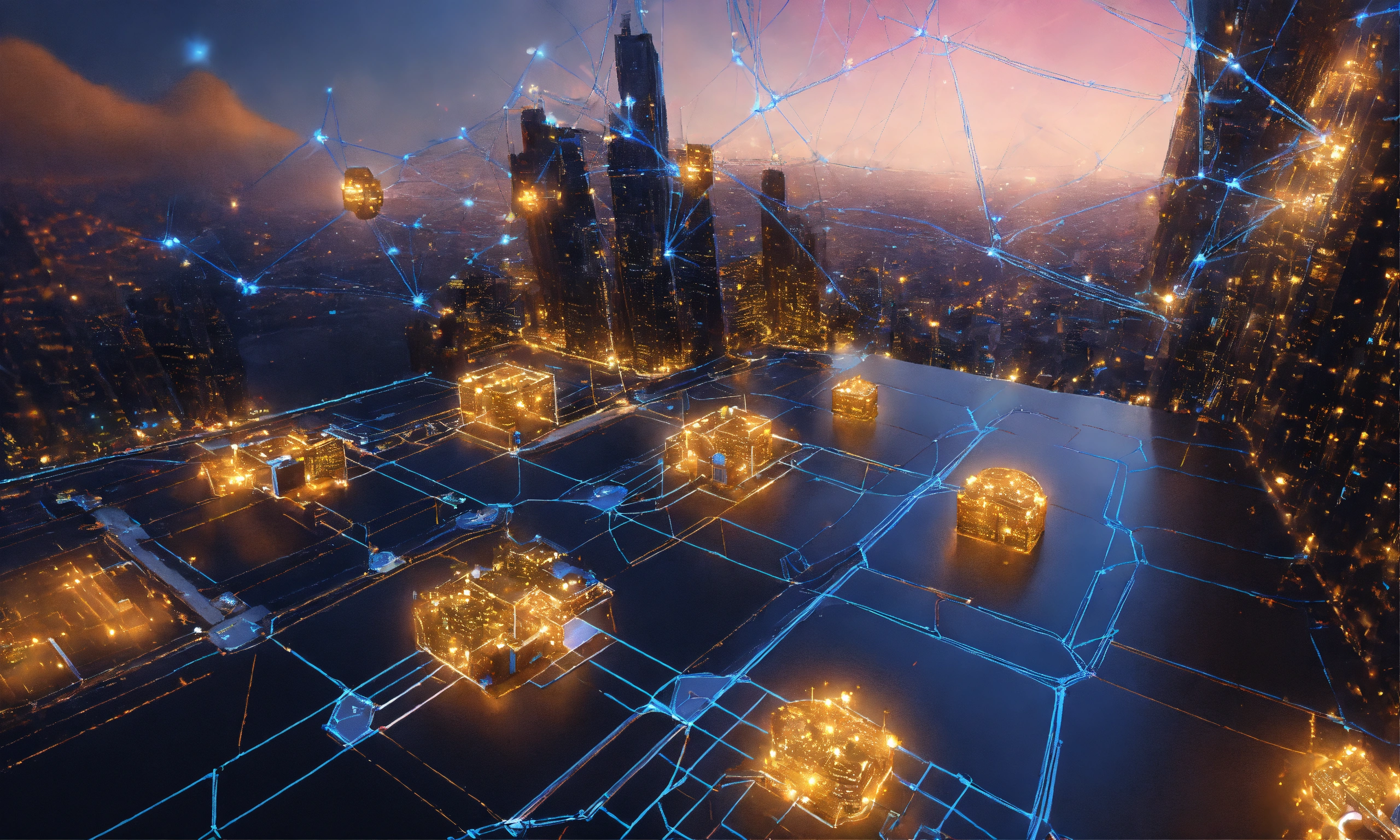Many industries are witnessing rapid advancements, largely due to the integration of M2M (Machine-to-Machine) communication. As you explore autonomous systems, understanding how M2M technology influences their development will become more vital. M2M enables devices to communicate directly with one another, sharing data and insights without human intervention, thereby playing a pivotal role in enhancing the efficiency and functionality of autonomous systems.
Think about how M2M capabilities facilitate real-time data exchange. This aspect is fundamental for autonomous systems, such as self-driving cars, drones, and smart factories, which rely heavily on vast amounts of data to make informed decisions. With M2M, your devices can collect, analysis, and process data seamlessly, ensuring that they operate optimally. For instance, autonomous vehicles depend on sensors and cameras to gather information about their surroundings, but it’s the M2M communication that connects these devices, allowing them to understand and respond to changing environments effectively.
You might wonder how M2M impacts the field of industrial automation. In a smart factory, machines can communicate with each other to optimize production lines. As an operator, you can benefit from this efficiency boost; the machines autonomously manage tasks, identify faults, and alert you before issues escalate. This minimizes downtime and increases productivity, underscoring the value of M2M in enhancing operational performance.
The automotive industry is another area where the implications of M2M are significant. Your car of the future may be equipped with M2M technology that allows it to communicate with other vehicles and infrastructure (often referred to as V2X communication). This interconnectedness can lead to safer urban environments, where traffic lights respond to vehicle flow and prevent accidents. As such innovations continue to emerge, your driving experience will evolve into a more automated and connected journey.
When considering the impact of M2M on IoT (Internet of Things) devices, you can visualize a world where your home or business operates with minimal human intervention. Smart thermostats, lighting systems, and security cameras all leverage M2M to fine-tune their operations based on actual usage patterns. This connectivity translates to enhanced convenience, energy efficiency, and security, transforming your day-to-day life.
Moreover, M2M technology is a driving force in the world of healthcare, enabling more personalized and efficient care. Wearable devices can monitor your vital signs and communicate this data to healthcare professionals, allowing for early detection of potential health issues. As a patient, this M2M-driven change means quicker response times and tailored medical interventions, ultimately improving your overall health outcomes.
Therefore, M2M technology is reshaping the future of autonomous systems across various sectors. As you engage with these technological advancements, be prepared for a future where connectivity, efficiency, and automation become more prevalent in your daily experiences. From autonomous vehicles and smart factories to IoT devices within your home, embracing the evolution brought about by M2M will lead to a more seamless, intelligent world.




